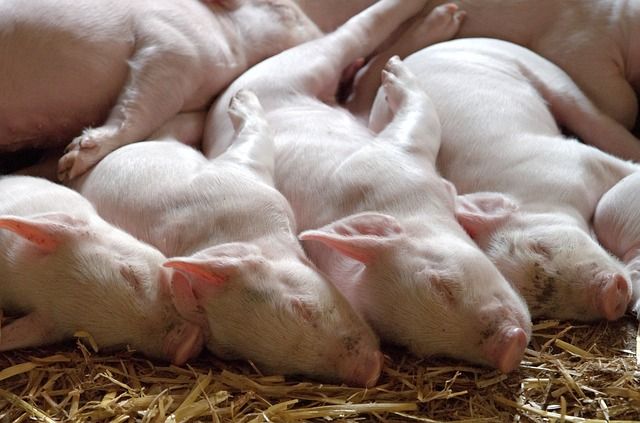Many experts suggest that the world can expect more pandemics in the future as humans live in closer proximity to one another and animals.
One such expert, Hans Jørn Kolmo – a professor of microbiology at the University of Southern Denmark – maintains that the risk of a future pandemic originating from Denmark is real.
The risk is greater now than before, Kolmo told World Animal Protection Denmark, and it could start as a swine flu epidemic.
“Within the last 10 years, a build-up of influenza strains has occurred among large pig populations that have the potential to be transmitted to humans and make us sick,” said Kolmo.
“What presents the biggest transmission potential is the concentration of many pigs in very small areas, and we’ve already seen the first Danes who have become seriously ill after being infected with swine flu.”
Other experts warn that the danger of virus transmission from animal to human exists in live stock such as chickens, ducks and turkeys, as well as wild animals.
READ ALSO: Don’t randomly buy corona quick-tests, warns study. Some of them are woeful!
Politicians must act
Kolmo went on to contend that the agriculture sector and politicians need to devise a plan to tackle such an eventuality.
“We can’t just let it spread, as we’ve seen with the antibiotic-resistant MRSA bacteria we now see in almost all conventional Danish populations, which infects many people every year,” said Kolmo.
Danish agriculture produced over 33 million pigs in 2021 – of which 14 million were exported.
The ongoing COVID-19 pandemic is believed to have originated in China in a wet market in Wuhan.














